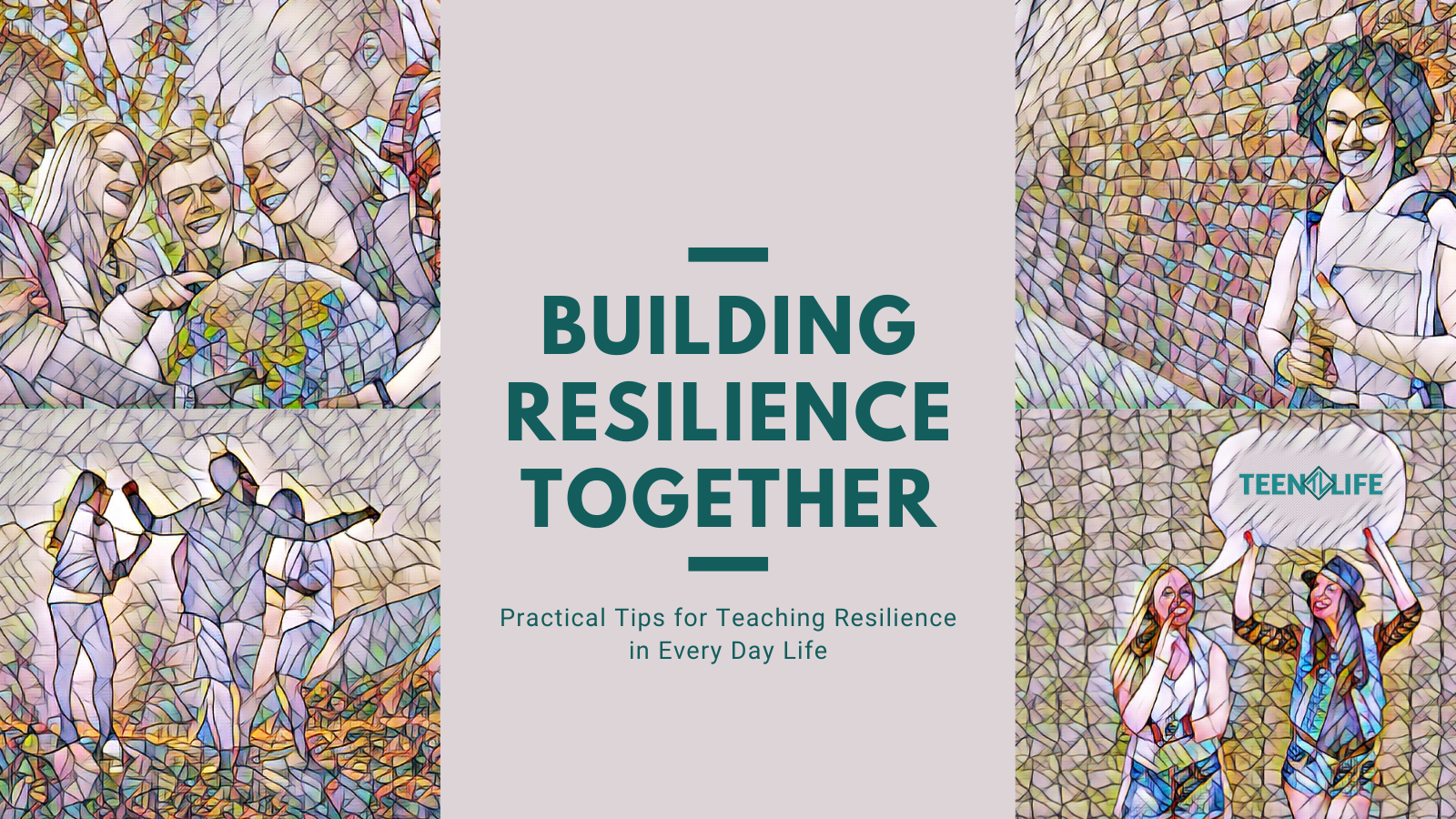
3 Ways Stress Can Make Life Better
Podcast: Play in new window | Download
Is stress always a bad thing?
Chris Robey and Ricky Lewis discuss the role of stress in the lives of teenagers and how stress can actually be beneficial.
Unfortunately, stress is an unavoidable part of life, but Ricky gives great insight into how we can use stress to make life better. Don’t get caught up in stress, instead let’s be better equipped to see it as a positive part of life!
In this episode, Ricky Lewis discusses…
- Stress is always a part of life.
- Your belief about stress determines how it effects you.
- Too much stress can be detrimental.
Ask yourself…
- Have I noticed a significant change in the life of my teenager?
- How can I help teens better cope with stress?
- How can I help them see stress as a positive?
Go ask a teen…
- How much stress do you think you can handle? What are you going to choose to handle?
- How could stress be seen as positive?
- Do you have a plan for how to handle the stress in your life?
Resources:
- APA Survey on Teen Stress
- Kelly McGonigal
- Book: The Upside of Stress
- TED Talk: How to Make Stress Your Friend
- Music: Under the Chandeliers
Have a question?

Karlie Duke
Communications Director

Chris Robey
Former CEO

Ricky Lewis
Founder & Former Executive Director
Karlie Duke | Director of Communications
Karlie has always had a heart for teenagers. Through her role at Teen Life, she loves to showcase the amazing stories coming out of Support Groups, but she is especially passionate about helping adults and teenagers find connection. Karlie has a BS in Communications with a minor in Family Studies from Abilene Christian University.
Chris Robey | Former CEO
Chris has spent most of his career empowering teenagers from all backgrounds. As the former leader of Teen Life, he is passionate about helping students make good choices while also giving adults the tools they need to communicate more effectively with teens. Chris is a graduate of Midwestern State University and holds a Master’s Degree in Family Life Education from Lubbock Christian University.
Ricky Lewis is a long-time supporter and friend of Teen Life. He was the Executive Director for many years and continues to be an asset to our community. As a father of 7, he seeks to help parents and their kids Live Life Better.












